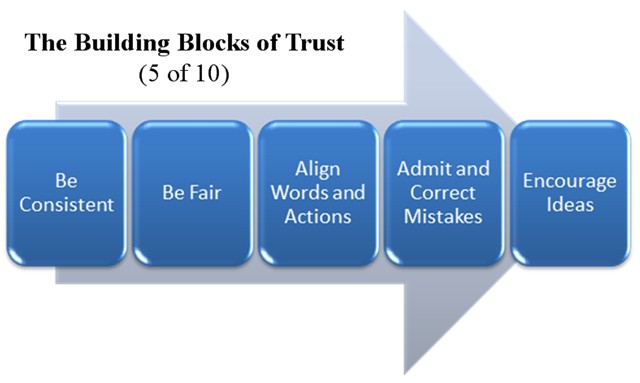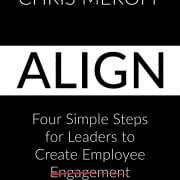Relational Leadership and Employee Retention – A Match, part 2 (Segment One)
In my previous article I discussed creating a “learning – thinking” organization. Part Two will be presented in two segments and focuses on creating a trusting organization. To be trusted is to be authentic, a trait of a relational leader. Authenticity emerges from The Building Blocks of Trust as the foundation of the leadership quotient.
This article will examine the first five Building Blocks of Trust. Companies that score high in the Trust Index will see lower turnover and greater productivity.
Figure 1: The First Five Building Blocks of Trust
Hi there! This article is available for free. Login or register as a StrategyDriven Personal Business Advisor Self-Guided Client by:
Subscribing to the Self Guided Program - It's Free!
About the Author

(Course Technology PTR, Cengage Learning 2010). During his 36 year career, Frank has worked with many of the most recognized companies and executives in the world. He has provided consulting services for peers across the country and helped initiate Junior Achievement programs in Ireland, the Ivory Coast, Oman, the United Arab Emirates, Bahrain, and Uzbekistan. Frank was inducted into the Delaware Business Leaders Hall of Fame in October 2008, one of 38 individuals so honored and the first not-for-profit executive to receive this distinction in Delaware’s 300 year business history. To read Frank’s complete biography, click here.
For more information regarding this subject, visit Frank McIntosh at his website www.FJMcIntosh.com.











Leave a Reply
Want to join the discussion?Feel free to contribute!